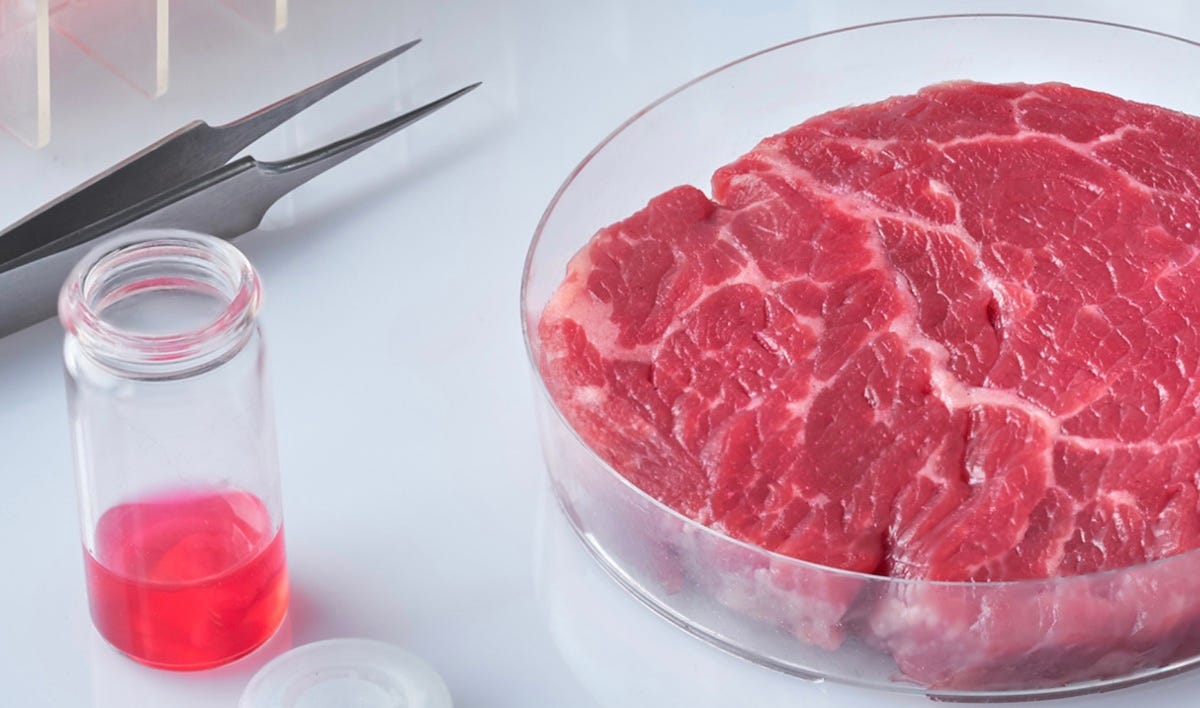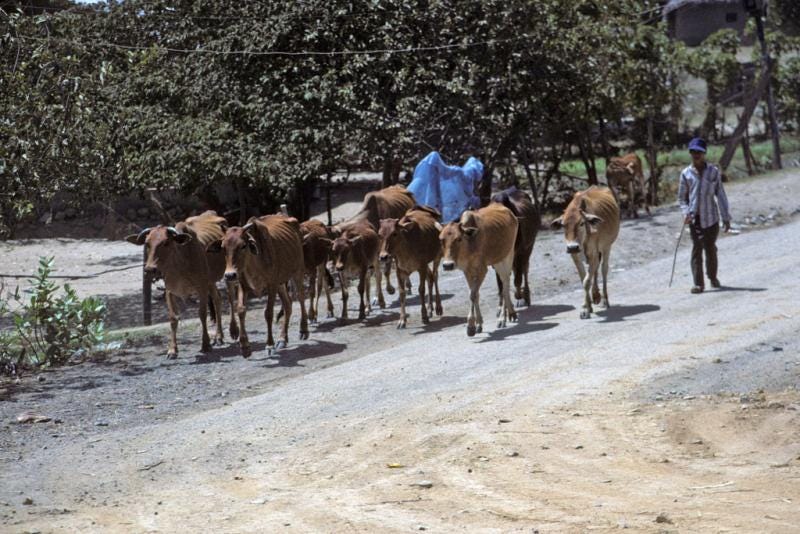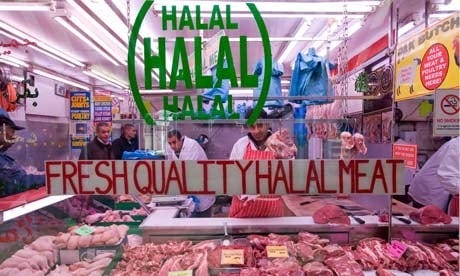Murray Hunter
Lab grown meat might be technically halal but will erode wealth from Muslim communities

MURRAY HUNTER
25 FEB 2024

Cultivated or lab grown meat has been touted as one of the solutions to global warming. Cultivated meat is now being produced in Singapore, with a Malaysian company preparing another start-up in Penang this year. This brings up questions for Muslim communities as to the halal and ethical aspects of this new food source.
Cultivated meat is produced by from cell taken from animal embryos or cells from tissue fibre from living animals. These cells are placed in bioreactors and feed a broth of nutrients, under atmospheric and temperature-controlled environments to produce a product resembling natural meat in texture and taste. This process takes only a few years compared to months or even a year for live animal production.
On February 2, the Mufti of Singapore Dr Nazirudin Mohd Nasir announced that lab grown meat is permissible in Islam. Thus, lab grown meat can be labelled as halal as long as the initial cells are derived from permissible animals, through methods compliant with Islamic standards. This means that alcohol or spilled blood should not be part of any processes.
The ethics of cultivated meat for the Ummah
Although cultivated meats are technically halal, there are questions about whether the introduction of cultivated meat fits into the objectives of an Islamic society. There is an ethical issue for the Ummah to consider.
Cultivated meat is technically halal, but goes against the concept of Mu’amalat. Mu’amalat is the relationship between persons on this earth. Thus, the production of cultivated meat by corporations destroys Al-iktinaz, where reciprocal assistance and cooperation among members of society is espoused in Islam.
The herding, slaughter and cutting of meat has for centuries been an integral part of Islamic society. This created a circular economy which kept many families out of poverty and linked them socially. The Islamic traditions around these activities are replicated around the world in Mesjids and suraus during Ahli Adha each year.
Herding brought both wealth and consumption to communities. This can be still seen in Indonesia, Malaysia, and Muslim Thailand. Put simply, the growth of the cultivated meat industry will be a direct transfer of wealth from communities to corporations. Over time, this could destroy the very fabric of Muslim communities, which live and exist on meagre incomes.

Traditional way of life threatened with cultivated meat
This is an issue the Ummah must deeply consider, as cultivated meat could present a direct challenge to the viability of many Muslim communities.

Will traditional halal butchers become a trade of the past?
Finally, one of the major justifications for the rise of cultivated meat was that animal herding played a role in climate change due to methane discharge. However, the lab production of meat also creates a carbon footprint from using fossil-fuel produced electricity. In addition, the yeasts and enzymes used in cultivated meat production also emit CO2. There are also pollution issues with the disposal of the waste. To date, there have been no convincing scientific studies on comparative carbon footprints from herding and lab cultivation.
Muslims must apply social wisdom on the above issue, if local Islamic circular economies are to be kept, particularly in marginal income rural communities.
No comments:
Post a Comment